Is the Economy in a Recession?
No. Although it may feel that way with inflation over 8% (the highest it’s been since 1982) and constant interest rate hikes, we’re currently in a market slowdown. By definition, a recession is a period of economic decline, signaled by an increase in unemployment, a drop in the stock market, and a dip in the housing market. An official recession is not declared until the total value of goods and services in the U.S. (called the Gross Domestic Product or GDP) has been in decline for two or more quarters (six months or more)1.
Apart from the negative market news, economic activity is not falling. GDP has risen rapidly since the start of 2021, at 4% per annum, averaging over the five quarters2. The market for goods and services is strong and the unemployment rate is 3.6%, close to the lowest it has been in 50 years. If we do go into a recession this year, we expect it will be temporary. We are much better off than we were after the Great Recession of 2007-09, when fiscal stimulus was too little and too short-lived. Strong companies are better prepared today to navigate economic downturns.
For some perspective, the chart below shows how the stock market performed during a recession over various time periods.
Stock Market Performance Prior, During and After a Recession
A recession could bring unwanted fear and anxiety about your investments, but it’s vital to remain calm. Down periods are temporary, and when there is a rebound, your long-term investments should fare well. Panic selling can warrant costly mistakes, and based on historical trends, we advise sticking with the market during its ups and downs.
Source: https://awealthofcommonsense.com/2022/06/timing-a-recession-vs-timing-the-stock-market/
Investment Advisory services offered through Moonstone Asset Management, Inc. a registered investment adviser
Risk Disclosure: Investing involves risk including the potential loss of principal. No investment strategy can guarantee a profit or protect against loss in periods of declining values. Past performance does not guarantee future results.
This material is for information purposes only and is not intended as an offer or solicitation with respect to the purchase or sale of any security. The content is developed from sources believed to be providing accurate information; no warranty, expressed or implied, is made regarding accuracy, adequacy, completeness, legality, reliability or usefulness of any information. Consult your financial professional before making any investment decision. For illustrative use only.


